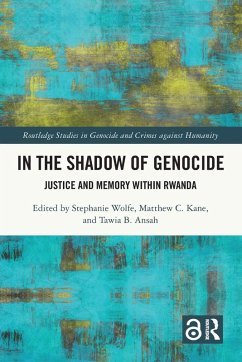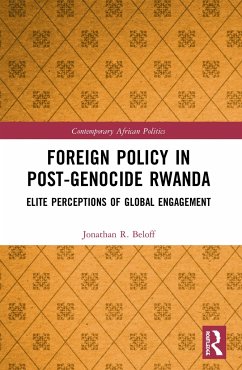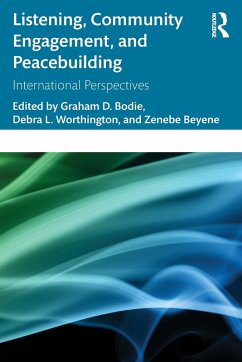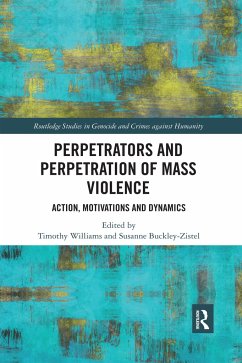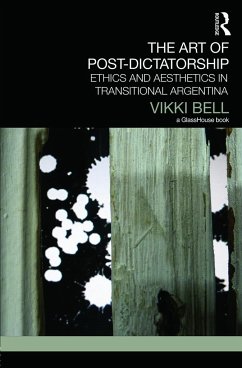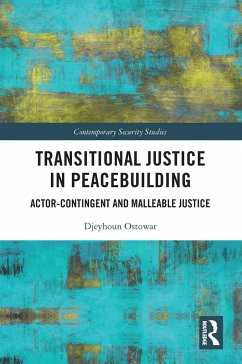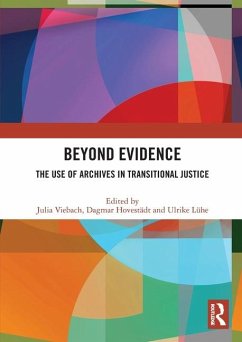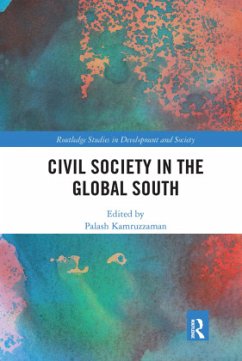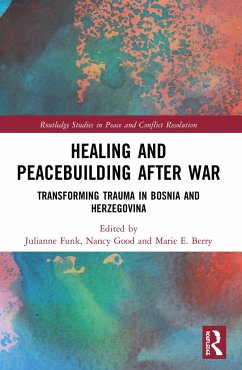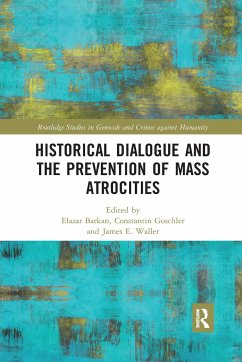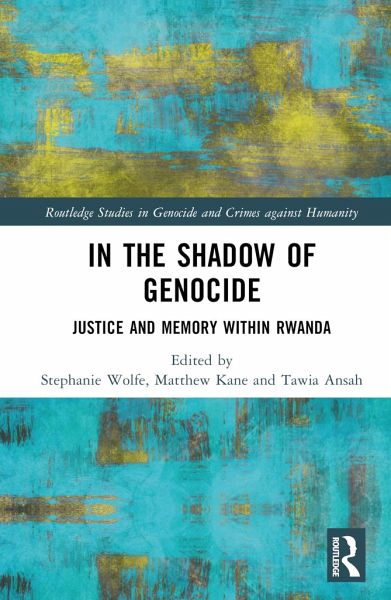
In the Shadow of Genocide
Justice and Memory within Rwanda
Herausgegeben: Wolfe, Stephanie; Kane, Matthew; Ansah, Tawia
Versandkostenfrei!
Versandfertig in 6-10 Tagen
138,99 €
inkl. MwSt.
Weitere Ausgaben:

PAYBACK Punkte
69 °P sammeln!
This book brings together scholars and practitioners for a unique inter-disciplinary exploration of justice and memory within Rwanda.It explores the various strategies the state, civil society, and individuals have employed to come to terms with their past and shape their future. The main objective and focus is to explore broad and varied approaches to post-atrocity memory and justice through the work of those with direct experience with the genocide and its aftermath. This includes many Rwandan authors as well as scholars who have conducted fieldwork in Rwanda. By exploring the concepts of ho...
This book brings together scholars and practitioners for a unique inter-disciplinary exploration of justice and memory within Rwanda.
It explores the various strategies the state, civil society, and individuals have employed to come to terms with their past and shape their future. The main objective and focus is to explore broad and varied approaches to post-atrocity memory and justice through the work of those with direct experience with the genocide and its aftermath. This includes many Rwandan authors as well as scholars who have conducted fieldwork in Rwanda. By exploring the concepts of how justice and memory are understood the editors have compiled a book that combines disciplines, voices, and unique insights that are not generally found elsewhere.
Including academics and practitioners of law, photographers, poets, members of Rwandan civil society, and Rwandan youth this book will appeal to scholars and students of political science, legal studies, French and francophone studies, African studies, genocide and post-conflict studies, development and healthcare, social work, education and library services.
The Open Access version of this book, available at www.taylorfrancis.com, has been made available under a Creative Commons Attribution-Non Commercial-No Derivatives (CC-BY-NC-ND) 4.0 license.
It explores the various strategies the state, civil society, and individuals have employed to come to terms with their past and shape their future. The main objective and focus is to explore broad and varied approaches to post-atrocity memory and justice through the work of those with direct experience with the genocide and its aftermath. This includes many Rwandan authors as well as scholars who have conducted fieldwork in Rwanda. By exploring the concepts of how justice and memory are understood the editors have compiled a book that combines disciplines, voices, and unique insights that are not generally found elsewhere.
Including academics and practitioners of law, photographers, poets, members of Rwandan civil society, and Rwandan youth this book will appeal to scholars and students of political science, legal studies, French and francophone studies, African studies, genocide and post-conflict studies, development and healthcare, social work, education and library services.
The Open Access version of this book, available at www.taylorfrancis.com, has been made available under a Creative Commons Attribution-Non Commercial-No Derivatives (CC-BY-NC-ND) 4.0 license.




